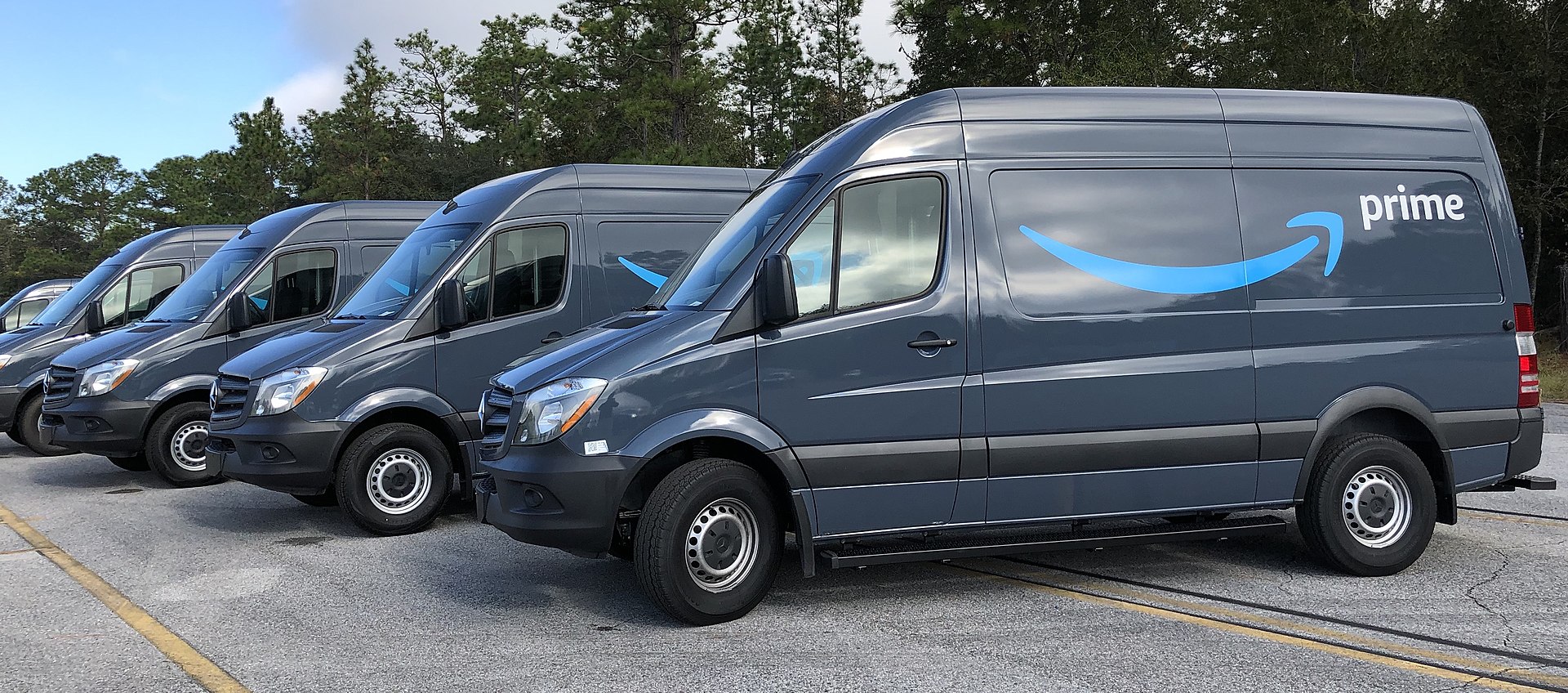Online shopping is convenient, but not always safe. Over the years, several products sold on Amazon have led to serious legal trouble, starting investigations, recalls, and lawsuits. These incidents reveal important lessons about marketplace safety, third-party liability, and consumer protections. For anyone ordering through Amazon, knowing which items triggered legal scrutiny can help you shop smarter. Let’s walk through nine notable Amazon product investigations—and why they matter for your next purchase.
1. Faulty Carbon Monoxide Detectors & Hair Dryers
In July 2024, the U.S. Consumer Product Safety Commission (CPSC) ruled that Amazon was legally responsible for more than 400,000 defective items, including carbon monoxide detectors and hair dryers sold by third-party sellers on Fulfilled by Amazon. The CPSC ordered recalls because these products could electrocute, fail, or burn, posing major safety threats. Amazon disputed the ruling, saying it’s a logistics provider—not a distributor—and is now suing the CPSC. The case is ongoing, and it could reshape liability standards for online marketplaces. For buyers, it underscores the importance of checking for recalls, even when buying from big platforms.
2. Exploding Laptop Batteries
In a landmark California case, Bolger v. Amazon, a laptop battery purchased on Amazon exploded and severely burned the user. A state appeals court ruled Amazon could be held strictly liable as part of the product chain, even though it wasn’t the manufacturer. This was a major shift: Amazon can no longer defer all liability to third-party sellers. That ruling sent ripples through e-commerce, raising questions about seller oversight and consumer safety. It was a wake-up call for both buyers and the platform.
3. Hoverboard Fire Injuries
Another shocking case in California—Loomis v. Amazon—involved a hoverboard purchased via Amazon that caught fire and caused severe burns. The court again ruled that Amazon was in the distribution chain and thus liable for damages. These two cases together expanded legal precedent: Amazon could be sued for injuries from third-party products. They also pressured Amazon to review safety standards more closely. Buyers should be extra cautious with imported electronics.
4. Defective Auto Tools Linked to Deaths
In June 2025, federal lawsuits alleged that tools from Chinese seller Vevor caused two deaths and serious injuries, like a collapsing car jack and a broken safety harness. Victims’ families are suing both Vevor and Amazon, alleging Amazon failed to police harmful products on its marketplace. Prior data showed Vevor received over 1,400 BBB complaints for safety issues. Although Amazon is not yet named in these suits, they highlight growing scrutiny over unsafe third-party goods. That makes researching seller ratings vital.
5. Unsafe Children’s Pajamas
As noted in the CPSC recall, Amazon sold pajamas that didn’t meet flammability standards, yet initially failed to properly notify customers. Some parents only found out when the news broke, months after the purchase. This raised concerns over Amazon downplaying hazards. The CPSC order now requires prompt notification and refund actions. Parents must stay alert for safety notices—do not assume once-upon-a-time controls work.
6. Unsafe Steering Wheel Bling
In a 2024 lawsuit in Santa Cruz, California, plaintiff Cecilia Martinez sued Amazon after a decorative rhinestone steering-wheel sticker dislodged in a crash and blinded her in one eye. The case rests on strict product-liability grounds, showing Amazon may be responsible even for novelty goods. While low-cost, that “harmless” accessory caused life-altering injuries. Even inexpensive items warrant cautious buyer behavior, especially when attached to safety devices like airbags.
7. Rigged Search for Private-Label Knocks
Back in 2021, Reuters reported that Amazon in India had rigged search results and made knockoff private-brand products, triggering antitrust and commercial investigations. Brands complained that their original products were overshadowed by Amazon’s clones. While this isn’t a product-safety case, it’s an investigation into Amazon’s unfair marketplace practices. Brands and regulators continue to watch.
8. Investigations Into Antitrust Over Third-Party Fees
Amazon has faced probes into abusive practices against sellers. In the U.S., the FTC alleges Amazon’s dominant policies—like fees and Prime mandates—hurt competition. In Canada, the Competition Bureau opened investigations into abuse of dominance on Amazon’s platform. And California AG Bonta sued over price-stifling agreements. These cases reflect how Amazon’s role with products continues to trigger legal scrutiny, even beyond direct product issues.
9. Privacy Investigations: Ring Doorbells
Amazon’s Ring cameras have long faced criticism and federal scrutiny. The company considered adding facial recognition before facing pressure from U.S. senators—including a formal Senate probe led by Sen. Ed Markey—over lax privacy safeguards and surveillance practices. These investigations aren’t about product defects, but they’re about consumer trust and data safety. When a product records everything, transparency matters.
Each Investigation Changes the Rules of Online Shopping
From deadly malfunctions to privacy breaches, these investigations expose how Amazon’s marketplace can fail—and how legal systems are pushing back. You shouldn’t panic—but you should pay attention: check recall lists, research third-party seller credibility, read reviews carefully, and follow follow-up alerts. They reflect big changes in accountability, meaning consumers are safer when they shop informed.
Have you ever purchased something sketchy—or unsafe—on Amazon? What caught your attention first? Share your story or tips below!
Read More


